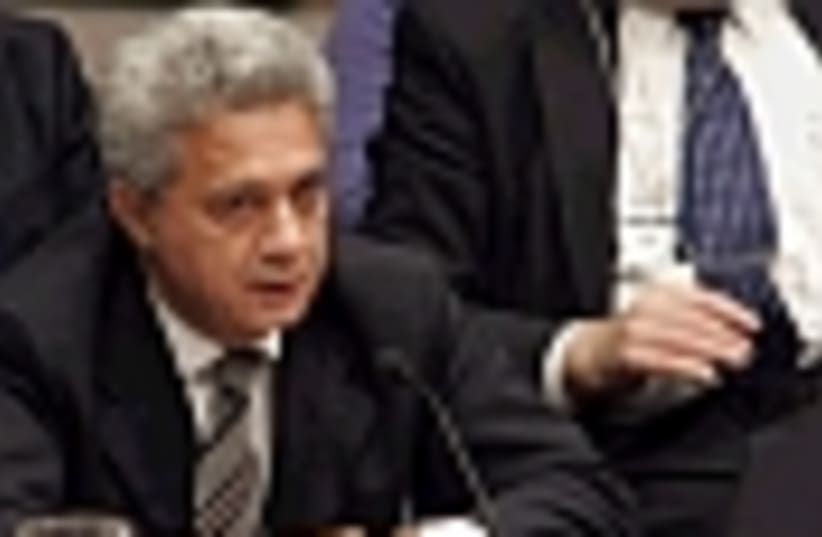| More about: | Lebanon, John Bolton (actor), Kofi Annan, United States |
Syrian arms reach factions in Lebanon
Report also highlights that Hizbollah, a member in Lebanon's new government, remains armed.


| More about: | Lebanon, John Bolton (actor), Kofi Annan, United States |